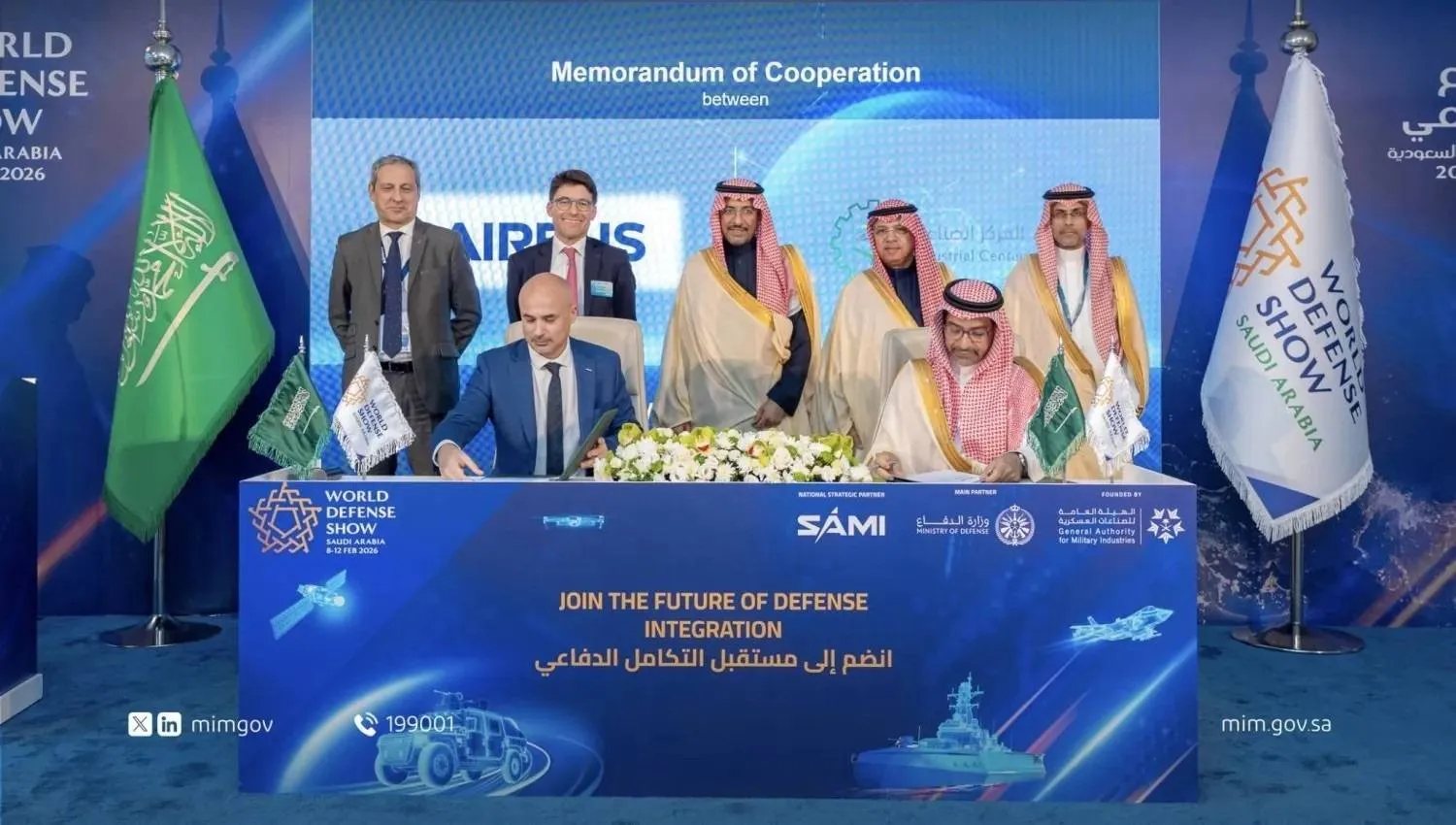The Saudi Ministry of Industry and Mineral Resources said on Thursday it will allocate the sand and landfill site in the Khulais Governorate, west of the Kingdom, which extends over an area of 39.6 square kilometers, for a mining complex.
The ministry is working to develop the areas adjacent to the mining sites by providing residents with job opportunities, raising the proportion of purchases from the local markets, and developing plans for effective communication, in addition to adhering to the environmental requirements necessary to preserve the wellbeing of communities.
Jarrah Al-Jarrah, the official spokesperson at the Ministry of Industry and Mineral Resources, explained that the recent decision would contribute to preserving the mining sites and protecting them from transgressions.
Meanwhile, the Ministry of Industry and Mineral Resources, in cooperation with the Custodian of the Two Holy Mosques Scholarship Program, launched the Promising Path - a program that aims to train, empower and qualify national cadres to meet the requirements of the Saudi labor market and raise the efficiency of human capital in industry and mining.
The program focuses on providing training that supports private sector institutions in promising activities, and contributes to matching the requirements of the industrial and mining market with the qualifications and skills of national cadres.
It also seeks to provide on-the-job training through scholarships, starting with employment in technical and vocational specializations, in addition to providing training programs that are not available in the Kingdom, in coordination with industrial and mining establishments.
Earlier this week, the Ministry of Industry and Mineral Resources launched the second phase of the Future Factories Program, which targets 217 factories in the first category of the program. The factories achieved an advanced level of self-assessment according to the Smart Industry Readiness Index (SIRI) at 2.4.
The Ministry had held more than 13 detailed workshops to introduce the program to the factories targeted in the first tranche. These workshops were attended by representatives of over 140 factories.
The program divides factories into four tranches by capital, led by the first tranche with capital of more than SAR 500 million. The three stages will be announced gradually in the coming period.
The Future Factories Program, which was launched in July 2022, aims to move 4,000 factories away from relying on low-skilled and low-wage workers to automation and manufacturing efficiency, in order to raise the competitiveness of the national industry and contribute to providing quality jobs for national cadres.
The program offers many development mechanisms, which can be used in all licensed factories in the Kingdom, at different levels of technical development. It also aims to provide the appropriate means to raise the competitiveness of the industrial sector, and to find alternative solutions that contribute to improving the quality of local factory products, reducing operational costs, and raising the flexibility and responsiveness of supply chains.
On a different note, Eng. Khaled Al-Mudaifer, the Deputy Minister of Industry and Mineral Resources for Mining Affairs, visited on Thursday the Saudi Ceramics Factory.
The visit aimed at expressing the ministry’s support for local industries in the mining sector, monitoring the quality of the local product, and strengthening cooperation with the various partners to enhance the quality of the national product and its ability to compete, in addition to providing market needs and improving supply.









